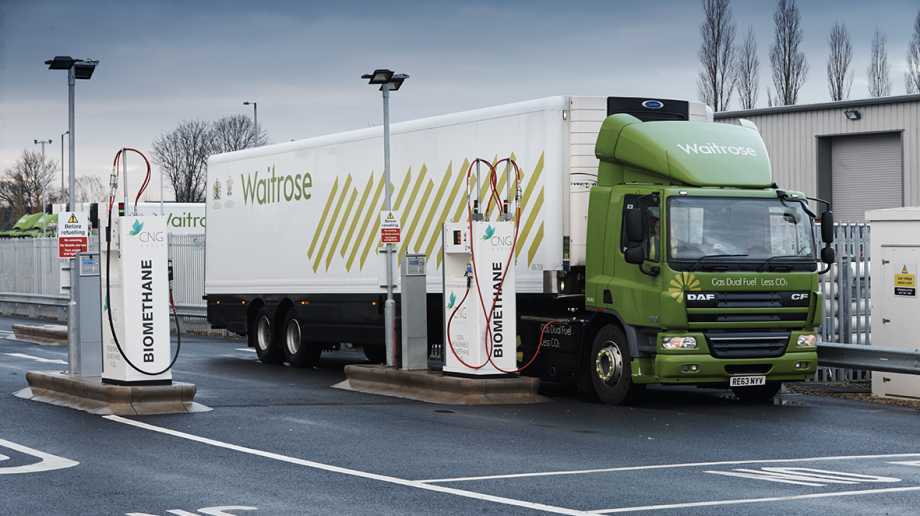Renewable Fuels Assurance Scheme launched

Zemo Partnership (formerly LowCVP) is launching a new Renewable Fuels Assurance Scheme (RFAS) for high blend renewable fuels. The scheme will give fleet operators robust information about the greenhouse gas (GHG) and wider sustainability performance of renewable fuels supplied in the UK.
A recent Zemo Partnership study found that an important barrier to uptake was the need for HDV fleet operators to have more clarity in terms of the environmental credentials of renewable fuels, both for company carbon reporting and making decisions on fleet decarbonisation solutions.
While the electrification of cars and vans is now well under way, larger, long-range vehicles and legacy cars and vans will be on the road for the next 20-30 years.
Cutting GHG emissions from these vehicles by using renewable fuels remains a key objective as we strive to achieve net zero by 2050.
The RFAS approves companies supplying high blend renewable fuels on the basis of meeting three performance criteria, with evidence verified by an independent auditor complementing the safeguards included in the Renewable Transport Fuel Obligation (RTFO). The assurance criteria are based on life-cycle GHG emissions, feedstock sustainability and supply chain traceability. The scheme is open to companies supplying renewable fuels for use in road vehicles and non-road mobile machinery, including biofuels and hydrogen.
A unique feature of the scheme is a ‘Renewable Fuel Declaration’ which fleet operators receive with batches of the renewable fuel purchase. The declaration includes a colour-coded GHG emission savings banding system, similar to energy efficiency labels, encouraging fleet operators to strive to achieve higher GHG emissions savings.
Zemo Partnership piloted the scheme with several renewable fuel suppliers. Argent Energy and CNG Fuels are now approved under the scheme and Zemo Partnership is working with Green Biofuels Ltd, Air Liquide and Gasrec to enable their approval. All these companies are producing biofuels from waste feedstocks, achieving GHG emission savings of between 80% and 90% compared with diesel.



